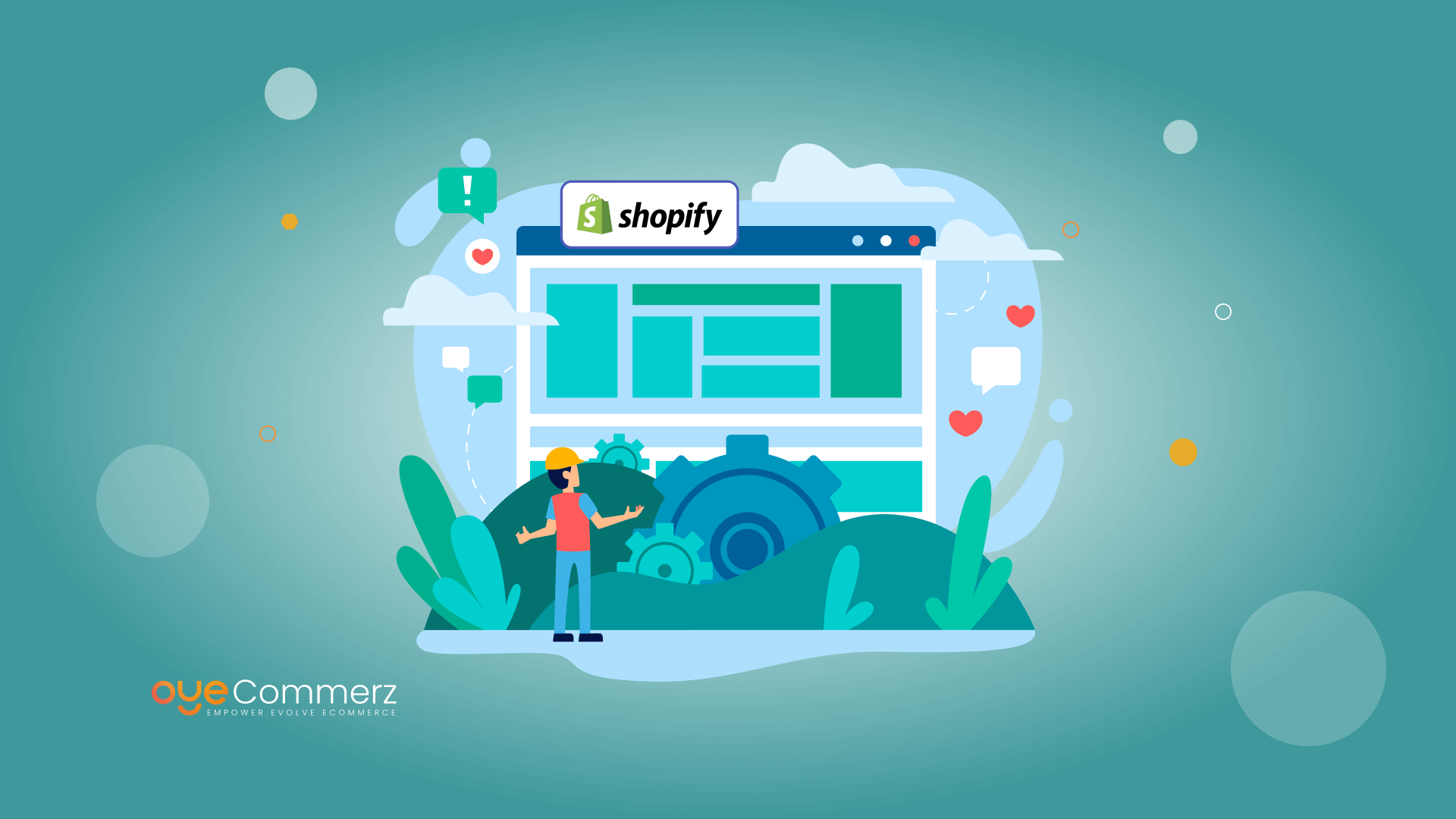Overview
In today’s cutthroat e-commerce landscape, standing out is essential, and a top method to differentiate a Shopify store is through custom app development. A well-built Shopify app can enhance store functionality, simplify processes, and elevate customer engagement. This article explores key aspects of Shopify app development, from API integration to scaling strategies and promotion methods, providing a roadmap for companies seeking superior store performance.
The Importance of Shopify API Integration
Shopify’s API provides powerful tools to personalize and expand store functionalities. With the GraphQL and REST API options, developers can access data to create apps that handle inventory control, order handling, and customer information management smoothly. Integrating Shopify’s API can enable improved workflow automation and enables stores to serve customers more efficiently.
Adopting the Polaris Design System
Shopify’s Polaris is Shopify's design system for designing user-friendly and easy-to-use Shopify apps. By following Polaris principles, developers ensure that apps integrate smoothly within the Shopify Admin interface. This provides a cohesive look and feel that appeals to Shopify merchants, promoting usability and comfort for merchants using your custom app.
Navigating the Shopify App Ecosystem
The Shopify app ecosystem provides numerous opportunities for improving e-commerce sites. From managing fulfillment processes to boosting customer interaction, apps in this environment are designed to meet various business needs. Learning about this ecosystem helps developers in finding unique app opportunities and enables smooth connections of external tools that add value to the store.
Building Embedded Shopify Apps
Embedded apps work seamlessly within the Shopify Admin, providing a smooth interface for merchants. They ensure that merchants don’t have to navigate away from their Shopify dashboard, simplifying their process. Employing Shopify App Bridge and embedded app features is recommended for providing a unified, integrated user environment.
Using Node.js and React for Shopify Apps
The technologies Node.js and React have emerged as ideal tools for Shopify app creation. This server-side framework enables efficient server-side applications, while React allows for interactive and adaptive front-end user interfaces. Combined, they provide an excellent platform for creating speedy, scalable Shopify apps that improve store performance and customer engagement.
Webhooks in Shopify Apps
Webhooks allow real-time data synchronization between Shopify and an external app. They trigger events such as new orders or stock changes and provide immediate alerts to your app. By utilizing webhooks, apps can deliver real-time information to store owners, simplifying processes and boosting efficiency.
Engaging Customers Through Digital Marketing for Shopify Apps
To ensure Shopify app success, connecting with users is key. Utilizing online marketing techniques like SEO, email marketing, and social outreach can drive app adoption. Additionally, designing apps with customer interaction as a focus (e.g., loyalty programs or personalized suggestions) boosts user retention and loyalty.
Making Your Shopify App Scalable
As e-commerce businesses grow, so do their technology requirements. Ensuring that your app can scale to handle higher usage, larger data sets, and more complex functionalities is critical. By optimizing server resources and implementing scalable technologies, you can create apps that expand in tandem with a store’s growth.
Essential Features and Maintenance for Shopify Apps
For an app to be useful, it should offer key capabilities like user authentication, dashboard analytics, and customer support options. Regular app upkeep, including updates to fix bugs and ensuring compatibility with new Shopify features, is important to maintain uninterrupted performance and prevent disruptions to merchant workflows.
Summary
Custom Shopify app development holds vast potential for e-commerce businesses, offering the chance to enhance performance, streamline processes, and build customer relationships. With API integrations and Node.js for Shopify Node.js to ensuring scalability and customer interaction, creating a Shopify Scaling for Shopify’s growth app requires careful planning and strategic execution. If you’re prepared to unlock your store’s full potential, a custom Shopify app could be the ideal choice. What capabilities do you see for your dream application? Share your ideas and take the first step toward an optimized e-commerce experience!
